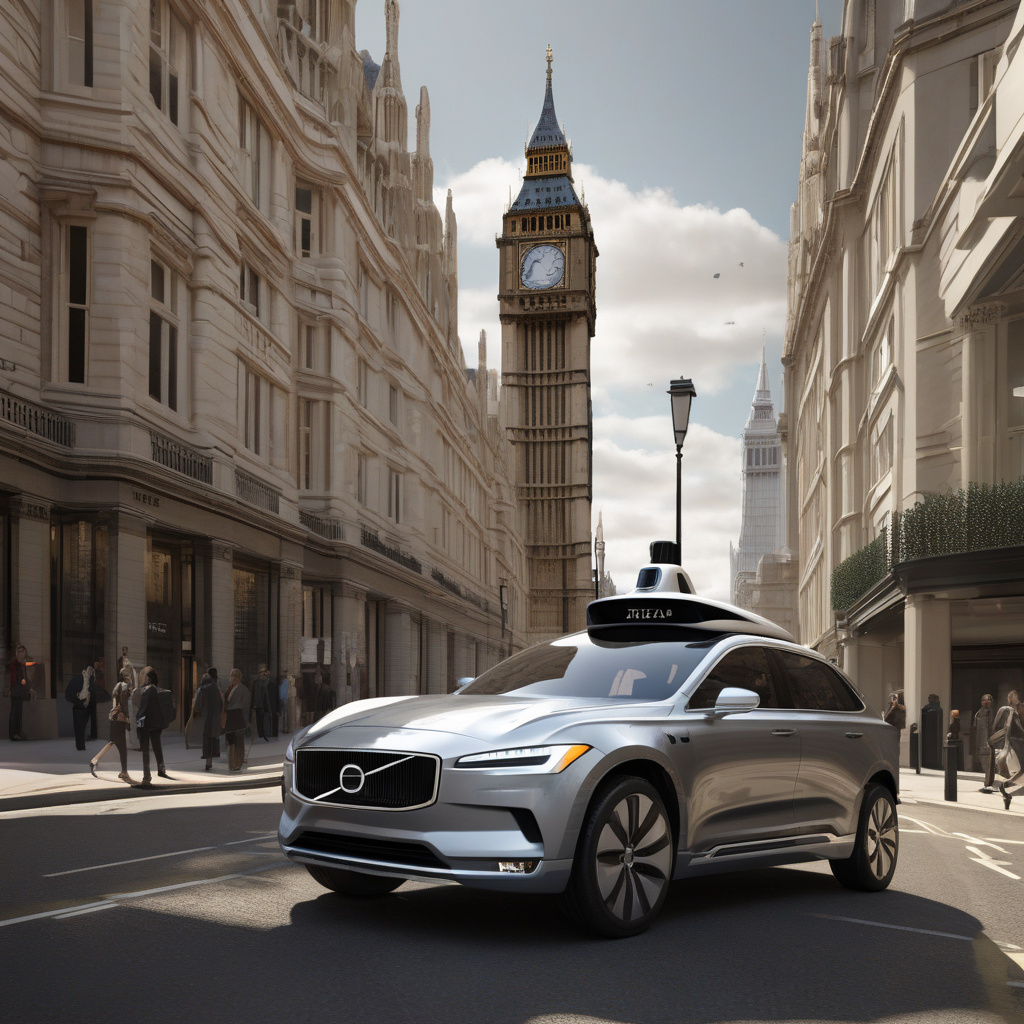Uber’s Path to Driverless Taxis in the UK: Navigating Legal Hurdles
Uber, the ride-hailing giant, has been at the forefront of innovation in the transportation industry, with its ambitious plans to introduce driverless taxis. Despite successful trials in London, the UK’s current legal framework poses a significant obstacle to Uber’s vision of deploying fully autonomous vehicles on the streets of the UK.
The potential benefits of autonomous vehicles are vast, ranging from increased safety on the roads to reduced traffic congestion and emissions. Uber’s driverless taxi technology has the potential to revolutionize the way we think about transportation, offering a glimpse into a future where vehicle ownership may no longer be necessary.
However, the reality is that UK laws still require a human driver behind the wheel, even in autonomous vehicles. This legal requirement not only hinders Uber’s plans for a driverless fleet but also raises important questions about the readiness of regulatory frameworks to adapt to rapidly evolving technologies.
Uber’s successful trials in London have demonstrated the viability and potential of autonomous vehicles in a real-world urban environment. The company has invested heavily in research and development to perfect its driverless technology, with the ultimate goal of providing a safe, efficient, and cost-effective transportation solution for passengers.
Despite these advancements, Uber faces a roadblock in the form of current UK regulations. The existing legal framework, which mandates the presence of a human driver in all vehicles, poses a challenge to the widespread adoption of autonomous technology. As a result, Uber’s plans to roll out driverless taxis in the UK have been delayed, leaving many eagerly awaiting the day when autonomous vehicles become a common sight on British roads.
The issue of integrating autonomous vehicles into existing transportation systems is not unique to the UK. Countries around the world are grappling with how to regulate and manage the deployment of driverless technology, balancing innovation with safety and public trust. The UK’s approach to this challenge will be closely watched by other nations as they navigate their own paths towards a future with autonomous vehicles.
In the meantime, Uber continues to work towards overcoming the legal barriers to its driverless taxi ambitions in the UK. The company remains committed to pushing the boundaries of transportation technology and revolutionizing the way we move from point A to point B. As regulations evolve and public acceptance grows, Uber’s vision of a driverless future may soon become a reality on the streets of the UK and beyond.
As Uber navigates the complexities of the UK legal landscape, one thing is clear: the future of transportation is autonomous, and the ride-hailing giant is determined to lead the way towards a world where cars drive themselves.
Uber, UK, driverless taxis, autonomous vehicles, transportation industry












